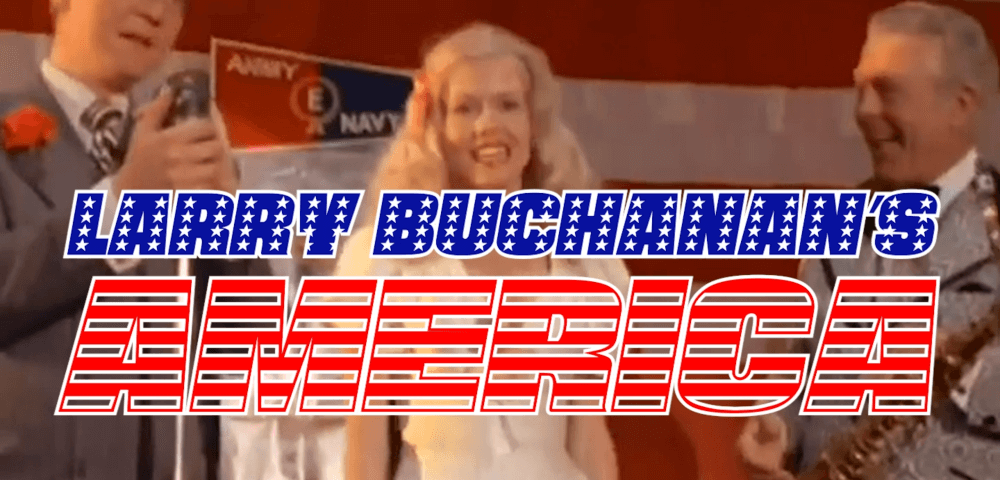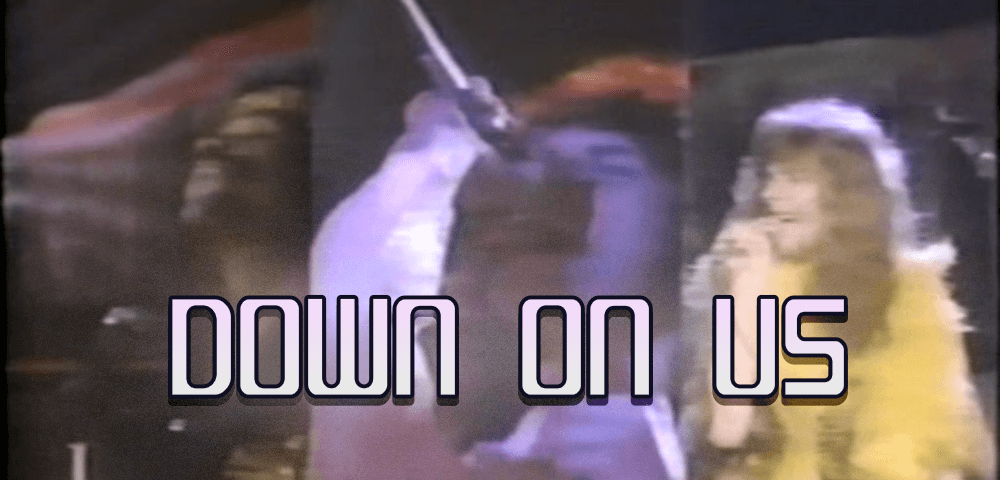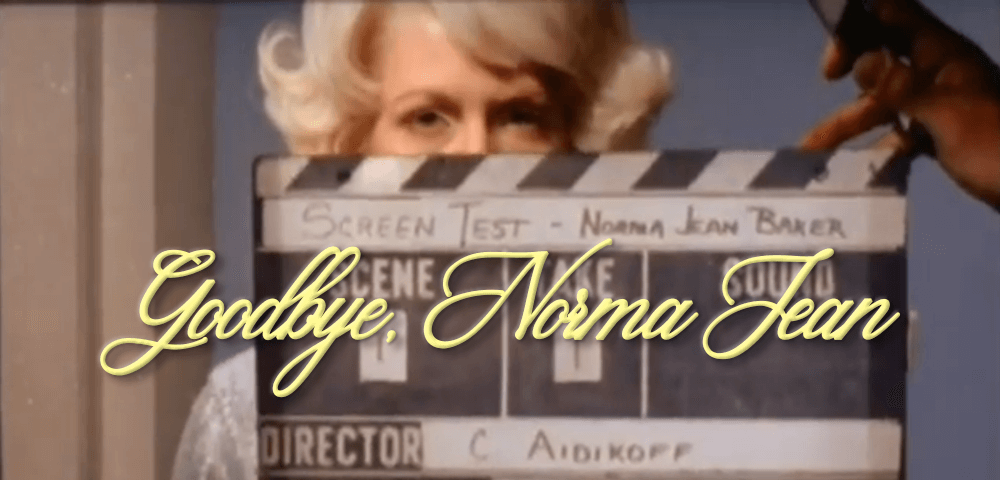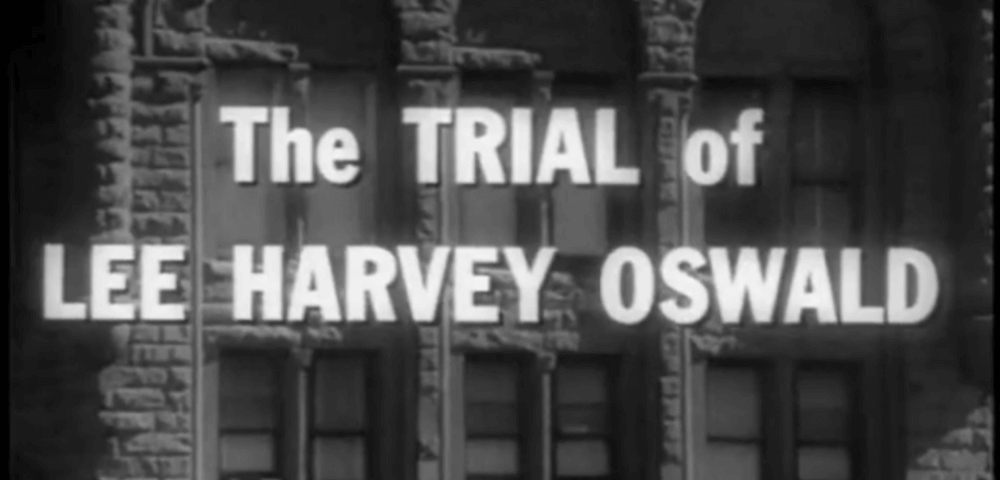
This July, as we find ourselves subjected to the annual bout of flag-waving fervor surrounding our country’s Independence Day, Spectacle Theater invites you to take part in an exploration of another side of American history. A history not written by its “victors”, as the adage goes, but by those at the fringes of our culture, lacking the visibility, political capital, or sheer amount of money needed to reach a wider audience. In the annals of American cinema, few filmmakers have so thoroughly embodied that distinct lack of characteristics more than self-proclaimed “schlockmeister”, Larry Buchanan.
Over the course of his career, Buchanan developed a reputation as a purveyor of low-budget sci-fi and horror, mostly intended for consumption at cheap drive-ins and on late-night television. A deeper dive into his work, though, shows a filmmaker with a deep fascination with American history and popular culture, underscored by a healthy contrarian perspective. Aside from his trademark sci-fi/horror schlock, Buchanan was probably best known for his streak of social issue films, biopics, and historical dramas that recontextualized real-life events in fantastical scenarios. His politics were often foregrounded in these works, which, when combined with his quick & dirty approach to production, resulted in films that ranged from the unintentionally radical— like a courtroom drama centered around Lee Harvey Oswald, produced and released less than six months after the Kennedy assassination— to the outright conspiratorial— like a musical biopic that implicates Richard Nixon in the deaths of multiple 60s musical icons.
Collectively, these films comprise a sort of alternate history of 20th-century America, one committed to exploring different dimensions of major historical events and figures that fall well outside of their traditional narratives. Whether dealing with Lee Harvey Oswald, Marilyn Monroe, or the Vietnam War, these are works that could only have been conceived of by a filmmaker in pursuit of his own specific idea of truth. This is America, through the eyes of Larry Buchanan.

DOWN ON US (aka BEYOND THE DOORS)
dir. Larry Buchanan, 1984
United States. 117 min.
In English.
GET TICKETS
SUNDAY, JULY 2 – 5:00PM
TUESDAY JULY 11 – 7:30PM
WEDNESDAY JULY 19 – 10PM
MONDAY JULY 31 – 7:30PM
Hendrix. Joplin. Morrison. Some of the most iconic names in the history of American pop culture (and also Jim Morrison), whose lives were sadly cut short at the height of their popularity. To many, their deaths were seen as another in a long line of tragedies heralding the end of the late-1960s countercultural movement, drawing the Swinging Sixties to a definitive close. But to Larry Buchanan, these deaths taking place within a few short months of one another may have been more conspiracy than coincidence.
What if it wasn’t booze or drugs that were responsible for these stars’ demise, but something much more nefarious? What if these were calculated killings, perhaps in response to their music’s message of peace & love actively turning youth culture against the Vietnam War? These questions form the basis of Buchanan’s late-career opus, which posits that the deaths of Jimi Hendrix, Janis Joplin, and Jim Morrison were not an accident, but part of a plot bigger than any of us could imagine, one that can be traced all the way back to that highest of offices held by the Trickiest of Dicks.
In true “schlockmeister” fashion, Buchanan had neither the time nor budget to license any actual music for the film, and instead relied on a series of (surprisingly good) original songs that he commissioned to sound like the work of their respective artists.

GOODBYE, NORMA JEAN
dir. Larry Buchanan, 1976
United States. 95 min.
In English.
GET TICKETS
SATURDAY, JULY 1 – 10:00PM
FRIDAY JULY 7 – MIDNIGHT
WEDNESDAY JULY 12 – 7:30PM
MONDAY JULY 17 – 10:00PM
Content warning: This film contains graphic depictions of sexual assault.
Norma Jean Baker is a poor munitions factory worker and aspiring actress in 1940s California. After striking up a relationship with a photographer who gives her the confidence she needs to overcome a traumatic past, she sets off for Hollywood to pursue her dream of stardom. Unfortunately for Norma Jean, the road to becoming Marilyn Monroe is fraught with abuse at the hands of every predatory producer and creepy casting director in town.
Leave it to Larry Buchanan to take the story of one of Hollywood’s most revered icons and turn it into a towering work of trash cinema. More BAD GIRLS GO TO HELL than BLONDE, Buchanan’s biopic is a bona fide roughie, depicting Norma Jean Baker’s (played by 70s centerfold, Misty Rowe) up-and-coming years as a waking nightmare of sexual violence and sleaze. Which is not to say that his take on Baker/Monroe isn’t still compelling. Considering this was the very first narrative film to depict the life of the world’s most famous sex symbol, Buchanan’s decision to make sex a dangerous, threatening constant in her life is a radical one, offsetting the film’s tawdriness by adding a layer of tragic irony throughout.
Even though the film focuses almost exclusively on Norma Jean’s pre-fame years, the film was still widely publicized as a Marilyn Monroe biopic, with Buchanan holding a nationwide lookalike contest to find the perfect “Marilyn” for his film. The contest was won by an unknown 21-year-old, Alexis Pederson, who supposedly turned down the part immediately after reading the script, leading Buchanan to offer the role to Rowe instead.

THE TRIAL OF LEE HARVEY OSWALD
dir. Larry Buchanan, 1964
United States. 98 min.
In English.
GET TICKETS
THURSDAY, JULY 6 – 7:30PM
SUNDAY JULY 9 – 5PM
FRIDAY, JULY 14 – 7:30PM
FRIDAY JULY 21 – 5PM
November 24, 1963: Lee Harvey Oswald, under arrest for the alleged assassination of President John F. Kennedy two days prior, is fatally shot in the basement of Dallas Police Headquarters by local nightclub owner, Jack Ruby.
April 22, 1964: “Lee Harvey Oswald” stands trial in front of a jury of his peers over the alleged assassination of President John F. Kennedy. YOU are the twelfth juror.
In the months immediately following Lee Harvey Oswald’s death, Larry Buchanan put together this legal procedural speculating how Oswald’s trial over John F. Kennedy’s assassination would have played out. Ironically, given the subject matter, this is arguably the least conspiracy-tinged (or maybe most, depending on how you look at it) of Buchanan’s historical fictions, positing the same theory later confirmed by the Warren Commission report that Oswald was the sole shooter.
Coincidentally, Texas-native Buchanan had crossed paths with Jack Ruby just a few years prior, while filming the 1961 mondo nudie, NAUGHTY DALLAS, parts of which were shot at Ruby’s nightclub. According to the director, at one point Ruby had even requested to be in the picture, which Buchanan refused for no other reason than, “I hated him, so he wasn’t.”
